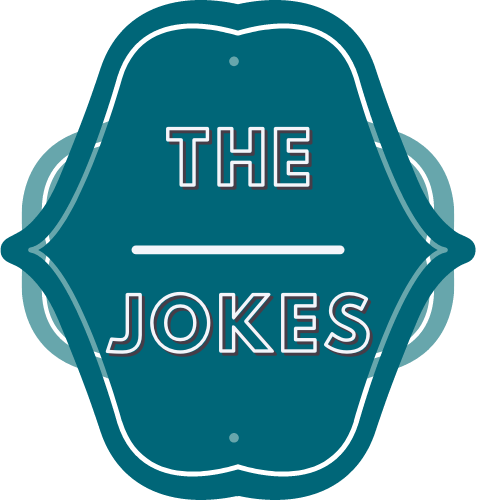Creating an effective marketing strategy requires careful planning and tailoring solutions to your specific business needs. When businesses adopt custom approaches rather than one-size-fits-all tactics, they can achieve significantly better results and maximize their return on investment. Marketing optimization becomes particularly powerful when it’s built around custom solutions designed to address your unique challenges and goals.
Understanding your market needs
The foundation of any successful marketing strategy lies in thoroughly understanding your market. With companies in the U.S. spending an average of 9.2% of their revenue on marketing, making informed decisions about where and how to allocate these resources is crucial. Custom solutions enable businesses to take a data-driven approach to marketing, turning raw information into actionable insights that drive growth.
Identifying target audience pain points
Effective marketing starts with knowing exactly who your customers are and what challenges they face. Through audience segmentation, you can divide your market into distinct groups based on behaviors, needs, and characteristics. This segmentation should be analyzed at various intervals – quarterly, monthly, weekly, and even daily – to stay responsive to changing trends. With custom IT solutions, you can build detailed customer profiles that inform your messaging strategy and help create truly personalized experiences. Data extraction and transformation tools make this process more efficient, while visit https://www.marketing-consulting.es/ for insights on how to effectively analyze customer pain points across different market segments.
Market research techniques that drive results
Data-driven market research forms the backbone of strategic decision-making in marketing. Custom solutions facilitate collecting and analyzing information from multiple sources to identify meaningful patterns and opportunities. Key performance indicators like customer acquisition cost (CAC), conversion rates, and customer lifetime value (CLV) provide vital metrics for measuring success. Marketing data governance ensures the quality and consistency of your information, which is essential when dealing with the common challenge of data fragmentation. Custom software development can create measurement infrastructure that captures performance data across all channels, making attribution frameworks more accurate and ROI analysis more reliable.
Creating tailored marketing approaches
Marketing optimization requires a thoughtful approach to enhance efficiency and deliver better ROI. As businesses invest approximately 9.2% of their revenue into marketing efforts, customizing strategies becomes crucial for maximizing returns. Tailored marketing solutions address unique business challenges by focusing on specific goals, target audiences, and market positioning—creating distinctive advantages in competitive landscapes.
Effective customization starts with comprehensive data analysis. Custom IT solutions transform raw marketing data into actionable insights by aggregating information from diverse sources, identifying patterns, and enabling data-driven decisions. This foundation supports strategic optimization across audience segmentation, budget allocation, creative development, and campaign automation.
Personalization strategies that connect with customers
Personalized marketing leverages customer data to create targeted, relevant experiences that resonate with specific audience segments. The impact is significant—58% of B2B marketers reported positive results from tailored content in 2023. Custom solutions facilitate this personalization through several key mechanisms:
Audience segmentation forms the cornerstone of personalization, allowing marketers to categorize customers based on behaviors, preferences, and demographics. Custom CRM systems enhance this process by creating detailed customer profiles that inform messaging strategies. These systems should be analyzed at multiple intervals—quarterly for strategic adjustments, monthly for tactical shifts, and weekly for immediate optimizations.
Data extraction tools pull information from various touchpoints across the customer journey, while marketing data governance ensures quality and compliance. Creative optimization, performed every 10-14 days, keeps messaging fresh and relevant. AI and automation further strengthen personalization by managing repetitive tasks like email campaigns and social media posting, with 55% of businesses now using AI chatbots for lead generation.
Measuring impact of customized campaigns
A robust measurement infrastructure forms the backbone of marketing optimization, enabling accurate assessment of campaign performance. Custom IT solutions provide real-time tracking capabilities and comprehensive reporting frameworks that connect marketing activities to business outcomes.
Key performance indicators for evaluating customized campaigns include customer acquisition cost (CAC), conversion rates, and customer lifetime value (CLV). These metrics help marketers determine ROI and make data-informed budget allocation decisions, which should be reviewed monthly and adjusted weekly based on performance.
Attribution frameworks address one of marketing’s greatest challenges—understanding which touchpoints influence purchase decisions. Custom solutions help overcome data fragmentation and establish consistent tracking methodologies across channels. Rather than relying on vanity metrics, these systems provide deeper performance insights that validate marketing’s contribution to business growth.
ROI analysis should be continuous rather than periodic, built upon accurate measurement infrastructure and meaningful attribution models. Custom solutions facilitate this ongoing assessment by automating data collection, standardizing reporting, and identifying optimization opportunities across audience targeting, creative execution, and channel strategy—ultimately delivering up to 368% ROI when properly implemented.

